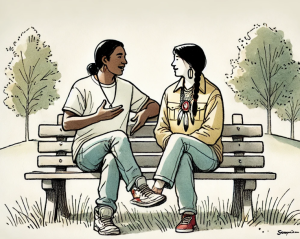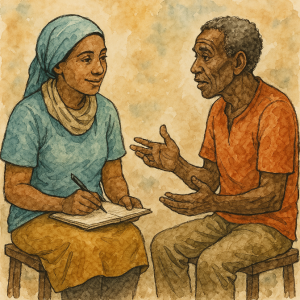
Why Experiential Learning Is Transforming Global Health Education
In a packed university conference room, students aren’t cramming for an exam—they’re negotiating a global pandemic. One represents Kenya, while the other represents the United States. A delegate from Brazil just proposed an emergency resolution. Welcome to the World Health Assembly Simulation (WHA SIM), where undergraduate students at York University assume the roles of world […]
Read more →









